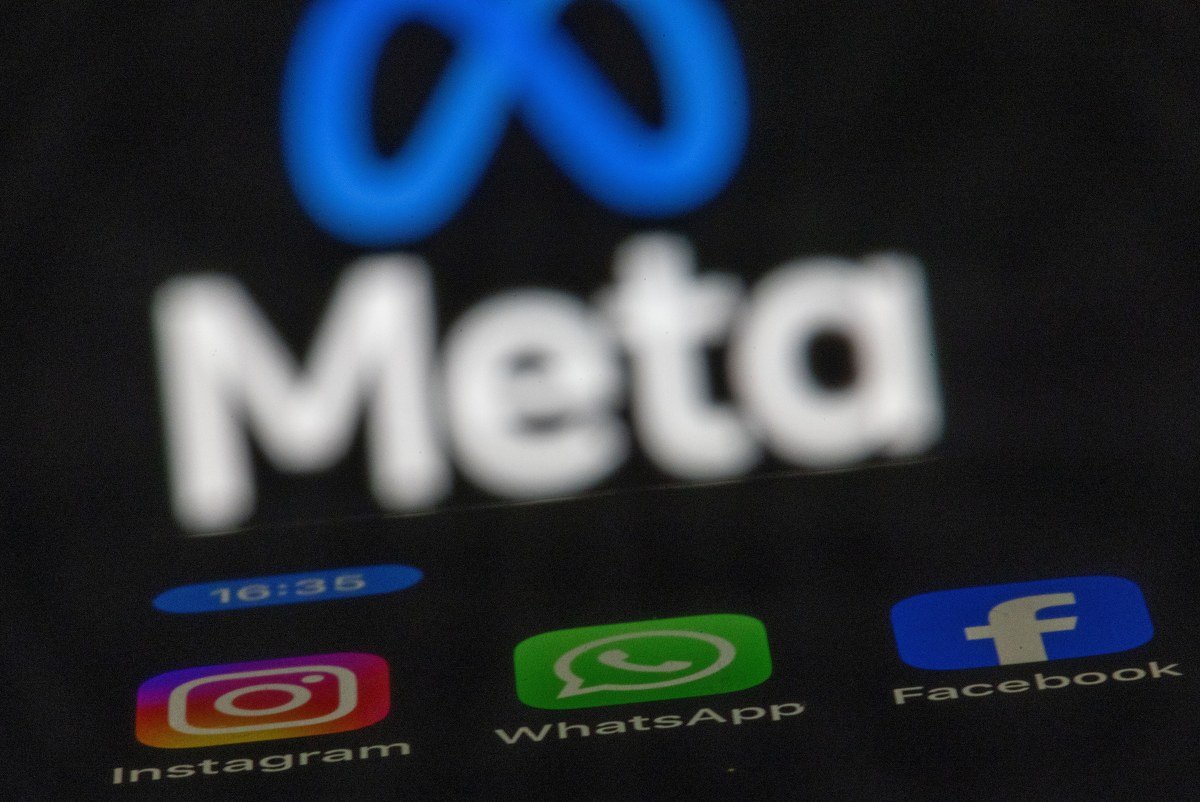
The new tests leverage facial recognition as a safety net to verify flagged ads suspected of featuring public figures susceptible to “celeb-bait.”
Meta assures that this feature is solely dedicated to combatting scam ads and purges any facial data created during ad comparisons né?. While the use of facial recognition for security purposes is generally acceptable, the employment of data to train commercial AI models does raise privacy concerns.
So, stay tuned for more updates as Meta advances its fight against celebrity scam ads and reinforces its anti-scam measures!
 . At a time when Meta is keen on gathering user data to train AI models, the adoption of facial recognition seems opportune.
. At a time when Meta is keen on gathering user data to train AI models, the adoption of facial recognition seems opportune.
In the next few weeks, Meta will reach out to public figures enrolled in the program to inform them about celeb-bait and offer them the choice to opt out né?. and EU due to stringent data protection regulations né?. The platform has faced criticism for not being able to thwart scammers who use celebrities’ images to peddle fraudulent schemes. Meta’s initiatives could potentially enhance their digital identity services provided enough users decide to participate.
As Meta engages with regulators and policymakers in the U.K., they continue to soldier on with their testing né?. Meta assures that the method is secure, comparable to phone unlocking, and will not be visible to anyone else.
While these tests on facial recognition are global, they are not carried out in the U.K né?. Additionally the company is experimenting with facial recognition to identify fake celebrity accounts and utilizing video selfies for speedy account recovery post-scams.
The new video selfie identification method based on facial recognition will necessitate users to upload a video selfie which will be processed through the technology. Monika Bickert, Vice President of Content Policy at Meta, dropped the big announcement on Monday, sharing that these tests are aimed at putting a stop to fraudsters trying to dupe Facebook and Instagram users.
It’s no secret that scammers often misuse images of public figures to lure people into interacting with deceptive ads that redirect to scam sites, a clear violation of policies and a threat to users. The preliminary results are encouraging, indicating that the technology is effective in detecting and cracking down on these scams.
Moreover, Meta is exploring the possibility of utilizing facial recognition to identify deepfake scam ads. Hey there, folks! Exciting news from Meta! The tech giant is ramping up its efforts to tackle celebrity scam ads and enhance its anti-scam strategies by expanding tests on facial recognition technology


